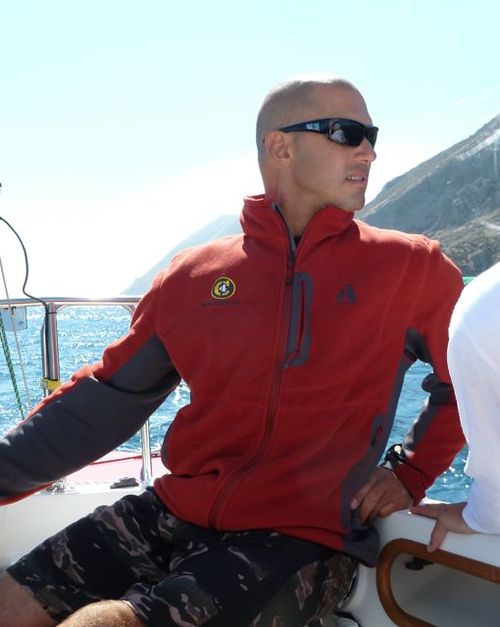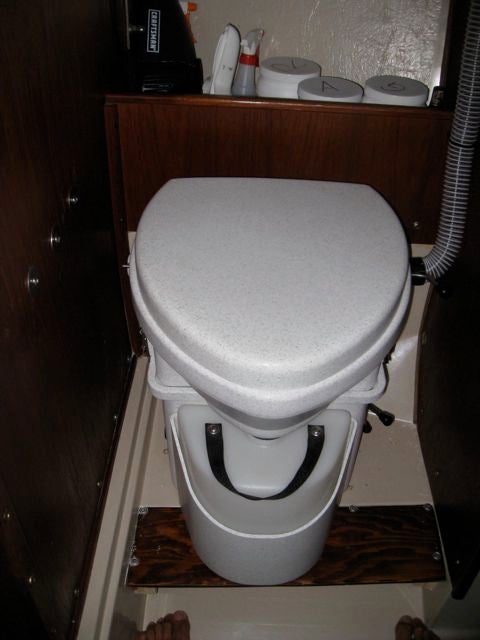
We paddled , inflatable standup paddleboards, in the turbulent water surging between the near-shore rocks; dived with sea lions and abundant marine life; marveled at the flocks of birds precariously perched on the sheer cliffs; watched the sun set; the moon rise; and generally fell into the rhythm of the place.
And that’s really the point isn’t it?�� Some people see the ocean as just a surface on which to practice sports and see wildlife as props for human entertainment. I find that it’s more rewarding to experience the natural world as something to cherish rather than dominate; to participate rather than exploit. To thrive on the energy and intensity that is experienced when you melt into the natural order of things and realize that you are an integral part of all that power and beauty.
But is it possible to genuinely love, appreciate, and fully experience the natural world while simultaneously contributing to it’s demise?��
We sailed to the islands in what is essentially a petrochemical shell covered in toxic paint and filled with non-recyclable plastic doodads and funky chemicals. Even the sails and the ropes are made from synthetic materials. Pretty much the only parts of our boat not somehow ��are the metal spars and some wood trim.��
When we use equipment like this as a platform to experience a wilderness area, are we the natural equivalent of a loud, obnoxious person crashing a party, drinking all the beer, breaking things, and generally acting like an ass? Reluctantly tolerated but far from welcome? Do we further sever our connection with the natural world even as we seek to strengthen it?
I’d be grateful for your thoughts about this (you can comment below), but it seems to me that short of living like a caveman, pretty much nothing any of us do is completely “green.” That said, I think it’s worth challenging ourselves and our friends to be greener. To me it’s a matter of respect and affection for this world we love. It helps eliminate yet one more barrier between our egos and the divine.

One thing that worked especially well was our��. A typical marine toilet stores your waste in a tank where it sloshes around until it is eventually pumped overboard or sucked out by what is basically a giant poop vacuum. People put funky chemicals into the holding tanks to try to lessen the odors. When the tanks are pumped overboard a mess of human waste and chemicals are flushed untreated into the water. That’s, quite literally, a shitty thing to do, especially when you’re near shore.
A solves all those problems. It separates solids from liquids, then stores the solids in a container filled with stuff like peat moss or shredded coconut husks. This organic material quickly breaks down the poop into what looks and smells like forest dirt. When the container is eventually full, you simply dump the stuff into a sack and use it as fertilizer. There is no odor, no pumping out, and best of all, no discharge into the water. Composting toilets work equally well in RVs, campsites, and an increasing number of people even install them in their homes.
Despite my greener efforts I realize I still have a long way to go. I recognize that I’m addicted to my “stuff” much as I am to the amazing wilderness the stuff helps me explore. Like any recovering addict all I claim is progress, not perfection. And maybe that’s the best place to start.

[Photos courtesy of Adan Spahn.]
��